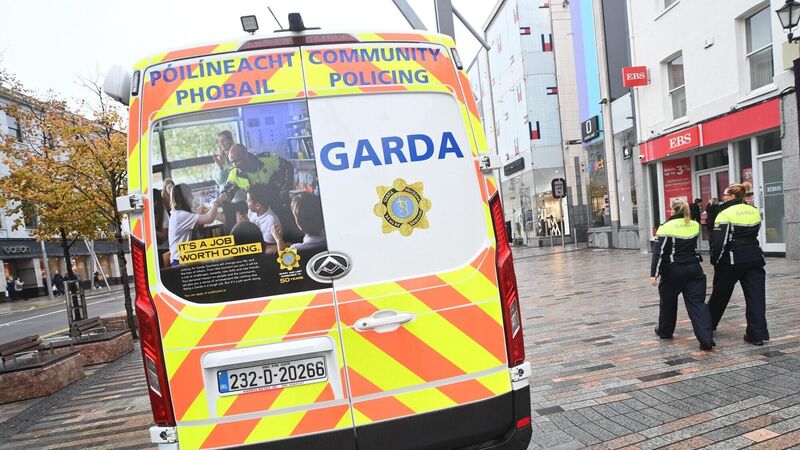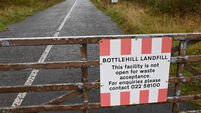48 gardaí assigned to high-visibility policing plan for Cork City

Community policing gardaí on the beat on St Patrick's Street, Cork City. File Picture: Larry Cummins
Close to 50 extra gardaí have been assigned to Cork city as a new permanent so-called "high-visibility policing plan" targeting antisocial behaviour, drug dealing, shoplifting, and public order gets under way.
Aggressive begging will also come under the remit of the new policing plan, which will see more garda foot patrols across the city centre.
















